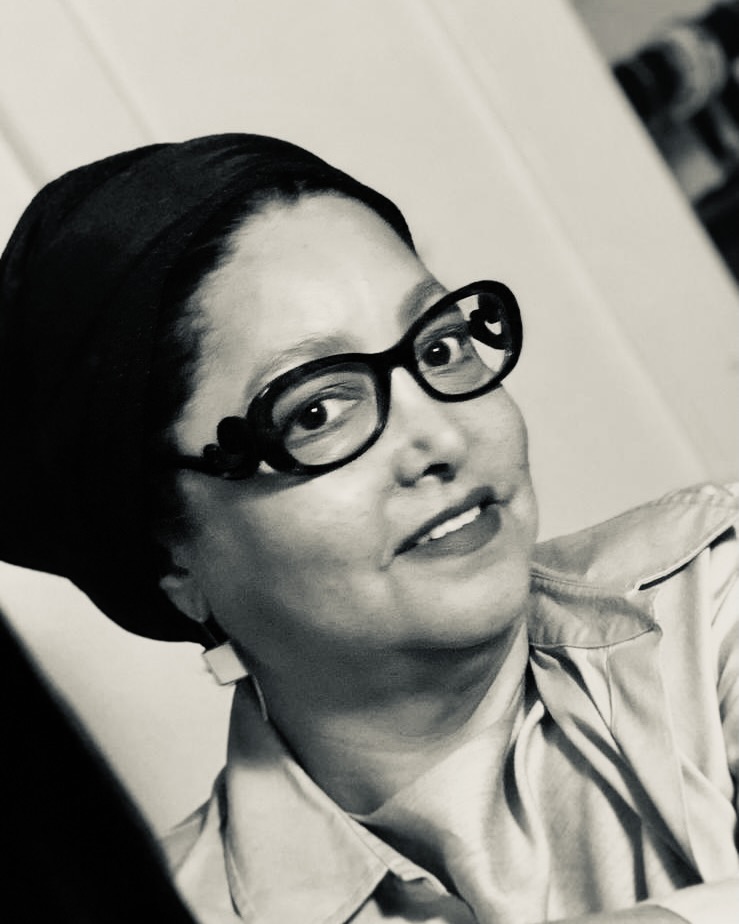
“Contradiction comes in many different forms. None is so debilitating than when the coloniser transitions, textually not politically, to decoloniality without taking the responsibility for the afterlife of colonialism, which they continue to benefit from. Self-examination and self-interrogation of the relations of coloniality, a necessity, seem nearly impossible for the coloniser who continues to act as beneficiary, masked in the new-found language of White fragility, devoid of an ethical responsibility of the very system of White domination they claim to be against.”
Professor Rozena Maart
Mercator-Fellow
Rozena Maart was born in District Six, the former slave quarter of Cape Town, South Africa. Her family along with thousands were forcibly removed in 1973 due to the Groups Areas Act, which was followed by the apartheid government’s Forced Removal Act. She went to the University of the Western Cape [UWC] for her undergraduate years. Maart took her Masters’ degree at the University of York in the UK, and her PhD at the Centre for Contemporary Cultural Studies at the University of Birmingham, UK.
Her work examines the intersections between and among Political Philosophy, Black Consciousness, Derridean deconstruction and psychoanalysis, all of which address questions of race, gender, sexuality, coloniality and identity. In 1986, at the age of 24, she was nominated to the “Woman of the Year,” award in South Africa for her work in the area of gender-based violence and for starting with four women the first Black feminist organisation in South Africa: Women Against Repression [W.A.R.]. Prof. Maart also writes fiction and is the winner of “The Journey Prize: Best Short Fiction in Canada,” 1992. Prof Maart was also a member of the Biko, Rodney, Malcolm Coalition, and a founding member of The Biko Institute in Canada. Her fiction books have made the African Studies Association short-list for the Aidoo-Snyder Book Prize in honour of Ama Ata Aidoo in 2010, the HOMEBRU list in South Africa in 2006 and the best seller list in Canada in 2005.
Professor Maart has published several books, journal articles and book chapters, and recently edited, Decoloniality and Decolonial Education: South Africa and the World. She wrote the Race chapter for South Africa’s first Sociology textbook in 2015 and has supervised students in Philosophy, Literature, Fine Arts, Sociology, Psychology, Education, Politics, International Relations, Law and Gender Studies. In 2016, she received the William R. Jones lifetime achievement award from Philosophy Born of Struggle and in January 2021 the Caribbean Philosophical Association awarded her the Nicolás Cristóbal Guillén Batista Lifetime Achievement Award for her contribution to literature and Philosophy.